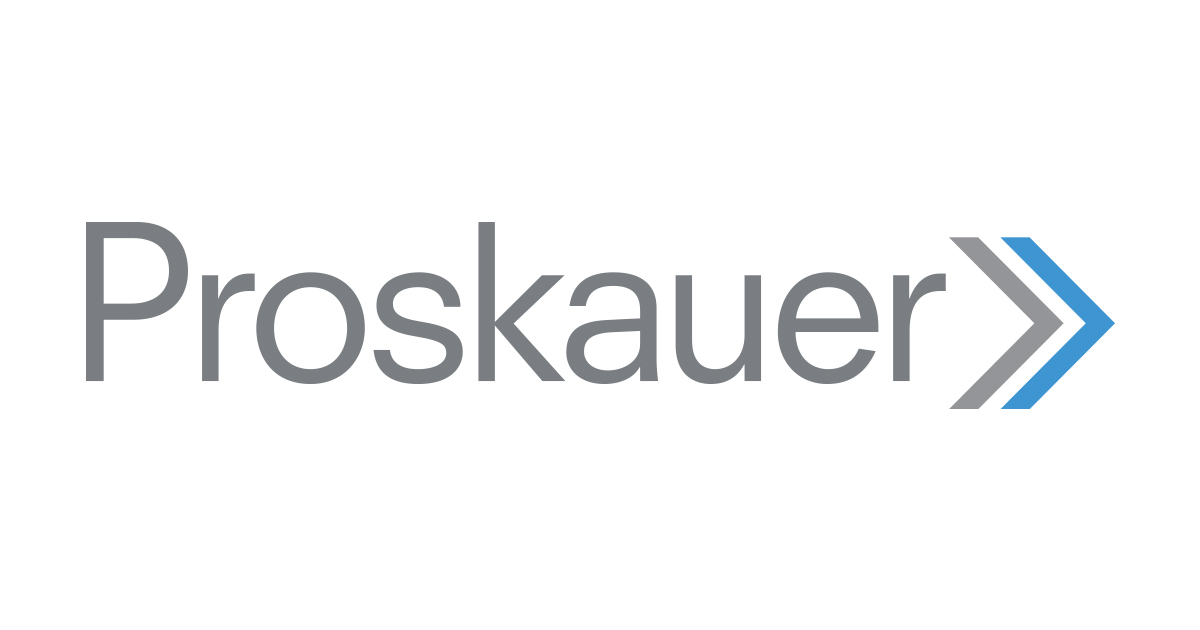frigidweirdo
Diamond Member
- Mar 7, 2014
- 46,985
- 10,263
- 2,030

Interactive State-by-State Price Gouging Map - Insights - Proskauer Rose LLP
Originally published on September 23, 2020 and updated as of June 30, 2022. Our interactive map, developed by Proskauer’s Antitrust Practice Group, provides a quick reference to price gouging restrictions in effect in each state. Hover over a state for key information or click on that sta...
www.proskauer.com
I found this. I'm not too knowledgeable about price gouging legislation, but this suggests a lot of Republican states introduced this in the Covid period.
Texas had it, Utah, Kansas, Mississippi, Arkansas, Alabama, Louisiana to name a few.
They must ALL BE COMMUNIST... seeing as this is the ONLY reason I got for Kamala being a Communist... her support for price gouging legislation.